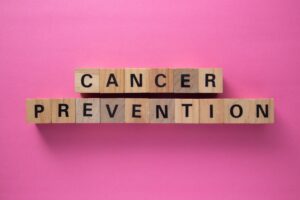
At What Age Should Cancer Screening Begin?
Cancer screening plays a vital role in modern health management. Many people assume that screening is only necessary for older adults, but in reality, the age of onset and risk factors for different cancers vary. By tailoring the timing of screening according to age, lifestyle, and family history, individuals can detect hidden risks earlier and better safeguard their health.









